Starting a handmade bath and body business in the UK is an exciting venture, but like any business, there’s a lot to consider. From understanding the legal landscape to creating high-quality products that customers will love, it can feel a bit overwhelming. But don’t worry - whether you’re thinking about selling soaps, lotions, bath bombs, or other body care products, we’ve got you covered with everything you need to know to succeed, with a focus on fragrance oils and legal considerations, including CPSR assessments.
Why Handmade Bath & Body Products?
Handmade bath and body products are a growing market. With more people looking for natural alternatives to mass-produced products, your creations can appeal to eco-conscious consumers who care about what goes into their skincare. Plus, the added bonus of custom fragrances using fragrance oils gives your products that personal touch that mass-produced goods just can't match. But how do you take your passion for making these items and turn it into a successful business? Here’s the step-by-step guide to get you started!
Step 1: Perfect Your Products
Before diving into the business side of things, focus on making the best handmade bath and body products you can. This is your product’s foundation. Here are some key things to keep in mind:
Quality Ingredients: The foundation of any great bath or body product is the quality of the ingredients you use. Natural oils like coconut, shea butter, and jojoba oil are fantastic for creating luxurious textures in lotions and soaps.
Fragrance Oils: Fragrance oils are essential to the charm of handmade bath and body products. They can transform a simple bar of soap or lotion into a luxurious, fragrant experience. Whether you're blending scents like lavender and rose or creating more exotic combinations, choosing high-quality fragrance oils is key. Look for suppliers who provide fragrance oils that are safe for skin contact and meet regulatory standards.
Packaging: Don’t underestimate the power of good packaging. Customers love a product that looks as good as it smells! Invest in eco-friendly, aesthetically pleasing packaging that matches your brand’s personality.
Step 2: Understand UK Laws and Regulations
Selling handmade bath and body products in the UK isn’t just about creating beautiful products; it’s also about complying with important regulations that ensure the safety and quality of your goods. Here are a few key UK laws to consider when selling your handmade products:
Cosmetic Products Safety Report (CPSR)
One of the most important legal requirements when selling bath and body products in the UK is the Cosmetic Products Safety Report (CPSR). This is a mandatory assessment that needs to be carried out for each product you sell to ensure its safety. A CPSR is designed to make sure your product meets the safety requirements of the EU Cosmetic Regulation (EC) No. 1223/2009. If you’re using fragrance oils, they must be included in this assessment to ensure they are safe for use on skin.
The CPSR is a comprehensive document that reviews the ingredients used in your product, including fragrance oils, and assesses the potential risks associated with them. It also checks for any adverse effects, including skin irritation or allergic reactions, based on the concentration of the ingredients in your product. A qualified safety assessor must carry out the CPSR, and they will provide a report that you must keep on file and make available if requested by authorities.
Register Your Products
In addition to the CPSR, every cosmetic product you intend to sell in the UK must be registered on the Cosmetic Product Notification Portal (CPNP) before it hits the market. This is a requirement of the UK’s regulatory bodies, and it helps keep track of all cosmetic products being sold in the country.
Registration is a straightforward process, but it’s crucial to ensure all your products are properly listed before they’re sold to the public. Failure to register could result in fines or, worse, the removal of your products from the market.
Labelling Laws
UK law requires that all cosmetic products are properly labelled. This includes the ingredients list (which should be in descending order of weight), the product’s function, and any necessary precautions, such as “For external use only.” The packaging should also include your business details, such as the name and address of the manufacturer or distributor. If you’re using fragrance oils in your products, ensure that they’re listed in the ingredients and comply with safety guidelines.
Additionally, it’s essential to mention the shelf life of your product if it’s less than 30 months. For products with a shelf life of more than 30 months, you must include a period-after-opening (PAO) symbol to indicate how long the product is safe to use once opened.
Animal Testing Regulations
As a maker of handmade products, you’ll likely want to avoid animal testing at all costs. Fortunately, animal testing for cosmetics is banned in the UK and the EU. This means that any fragrance oils or other ingredients you use in your products must not have been tested on animals. Be sure to work with suppliers who share this commitment to cruelty-free practices.
Step 3: Get Your Branding and Marketing Right
Now that your products are safe and compliant with UK law, it's time to think about your branding and marketing. Having a strong brand identity is essential to standing out in a competitive market.
Build a Brand: Create a brand that resonates with your target audience. Whether you’re selling vegan skincare products or luxury bath salts, your brand should reflect your values. Think about your mission, vision, and the message you want to communicate to your customers.
Build a Website and Online Store: In today’s digital age, an online presence is key. Set up a user-friendly website and an e-commerce store where customers can easily browse your products and make purchases.
Social Media Marketing: Instagram and Pinterest are fantastic platforms for bath and body businesses, especially those with visually appealing products. Share high-quality images and videos of your products in use, behind-the-scenes shots of your creative process, and customer reviews to build a loyal following.
SEO and Content Marketing: You’ve made it this far, and now it’s time to get noticed! Use search engine optimization (SEO) techniques to help your products appear in relevant searches. This is where fragrance oils come in - use the keyword “fragrance oils” strategically throughout your blog posts and product descriptions to boost your visibility on search engines.
Step 4: Launch Your Business and Keep Growing
Once everything is ready, it’s time to launch your handmade bath and body products. This can be a soft launch to a small group of loyal customers or a big grand opening with special promotions.
Set a Launch Date: Pick a launch date and start building anticipation on social media and your website. Offer special deals, like discounts or freebies, to attract customers.
Collect Feedback: Once you start selling, always listen to your customers’ feedback. Use it to improve your products and customer experience.
Reinvest and Expand: As your business grows, reinvest in your brand. Expand your product line, improve your packaging, and keep up with fragrance oil trends to stay ahead of the curve.
Conclusion
Selling handmade bath and body products in the UK is a rewarding journey that combines creativity with business savvy. From perfecting your products using high-quality fragrance oils to understanding and complying with UK laws like CPSR assessments, it’s crucial to pay attention to every detail. With the right knowledge, passion, and strategy, your handmade business can thrive in this competitive market. So, roll up your sleeves, get crafting, and start building your dream business today!


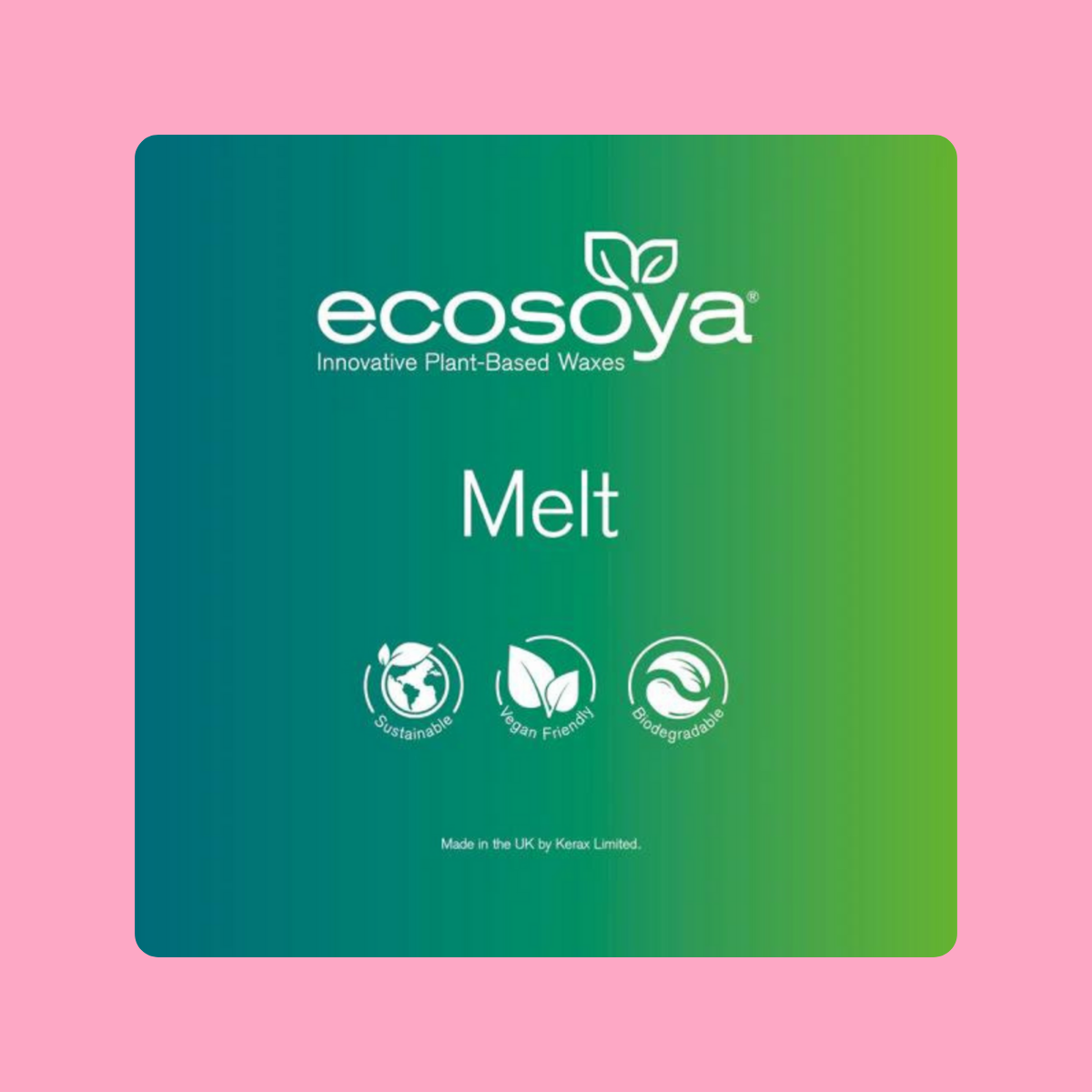
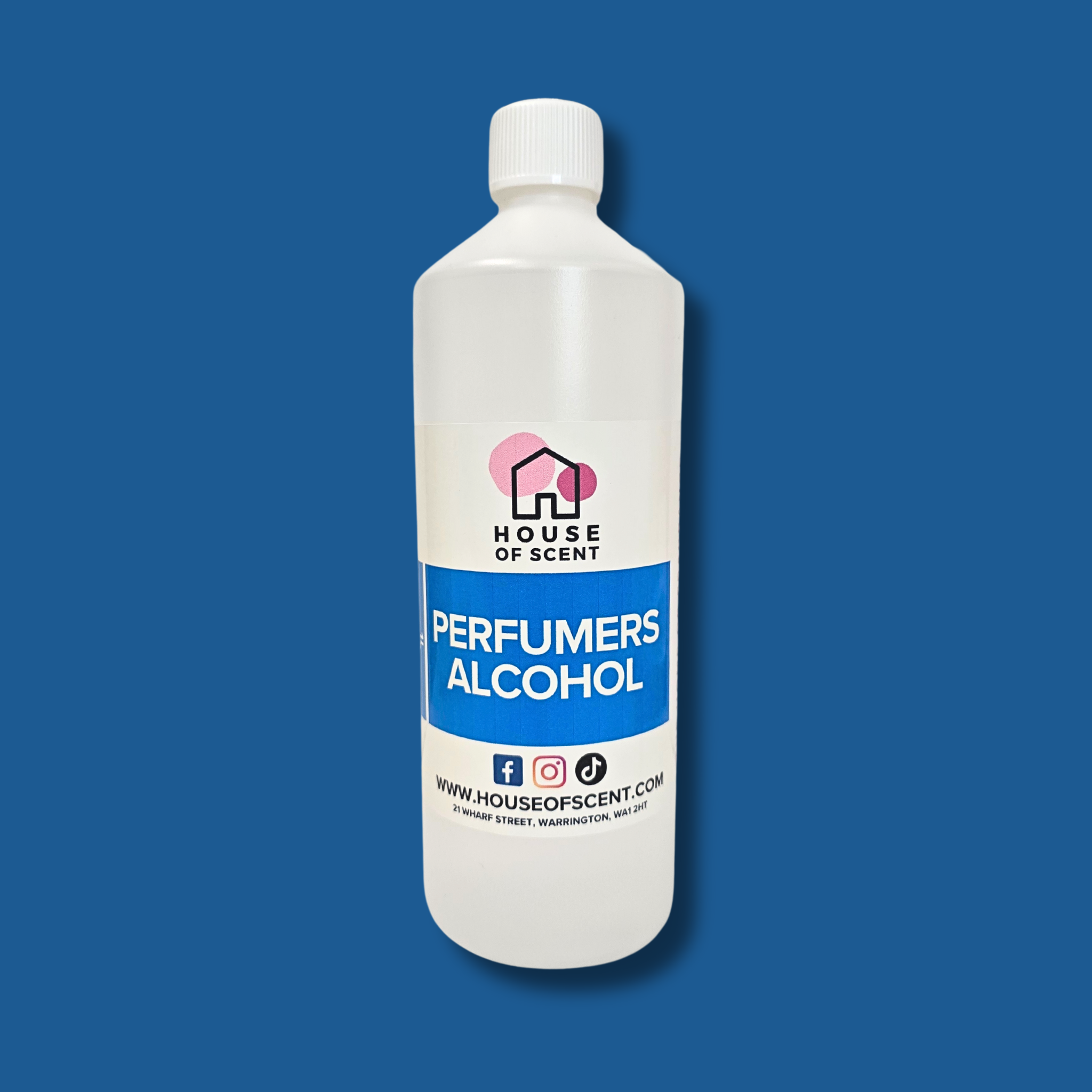
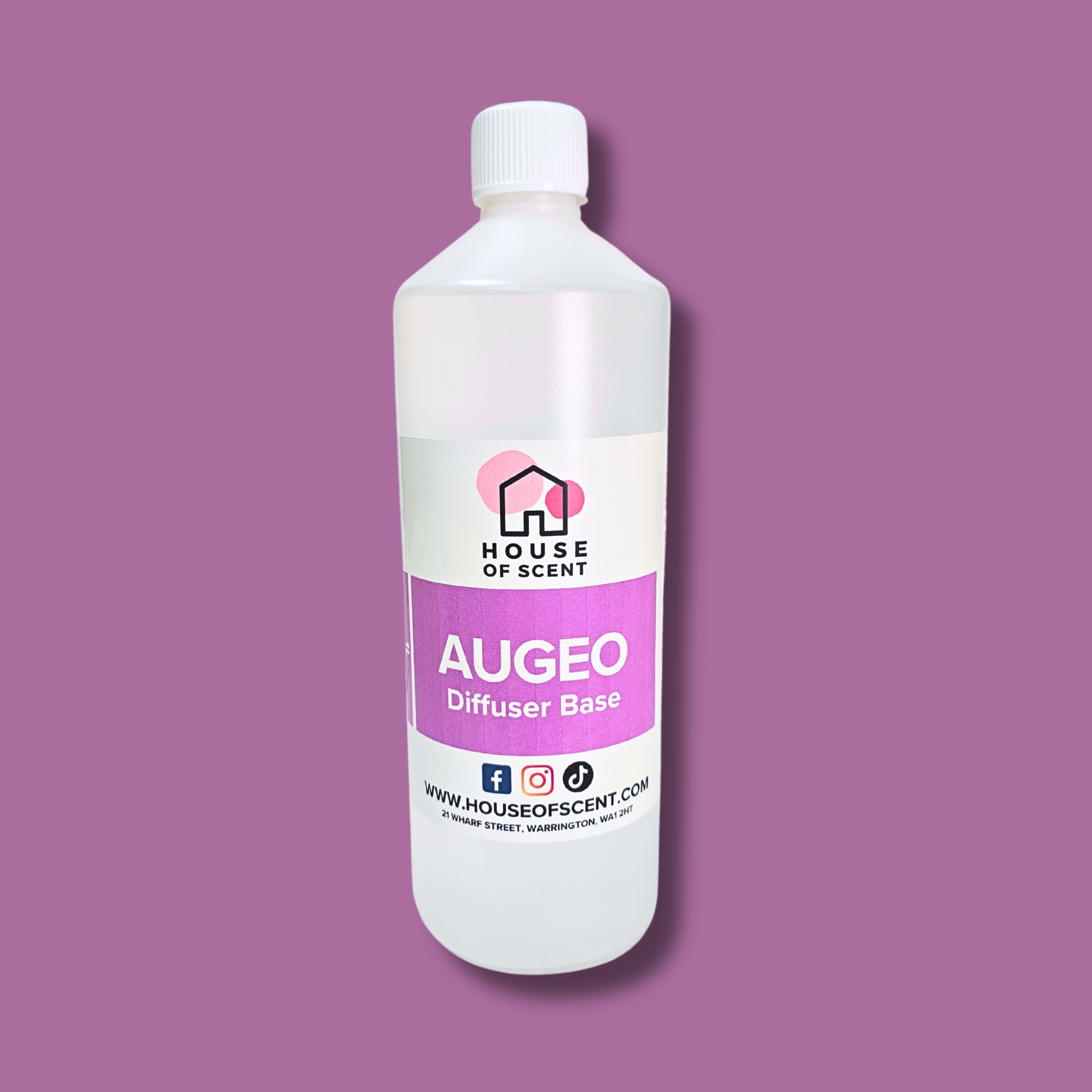
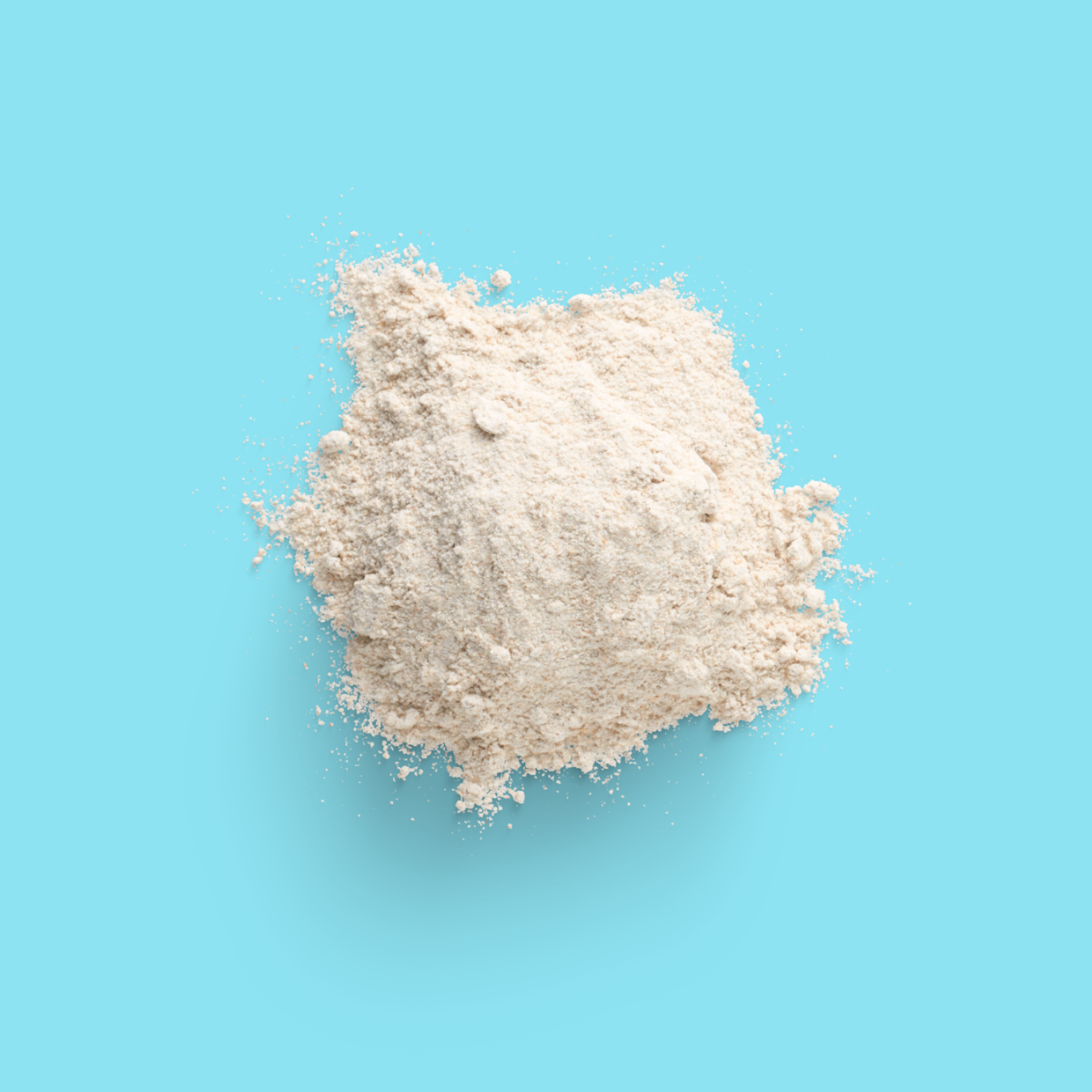
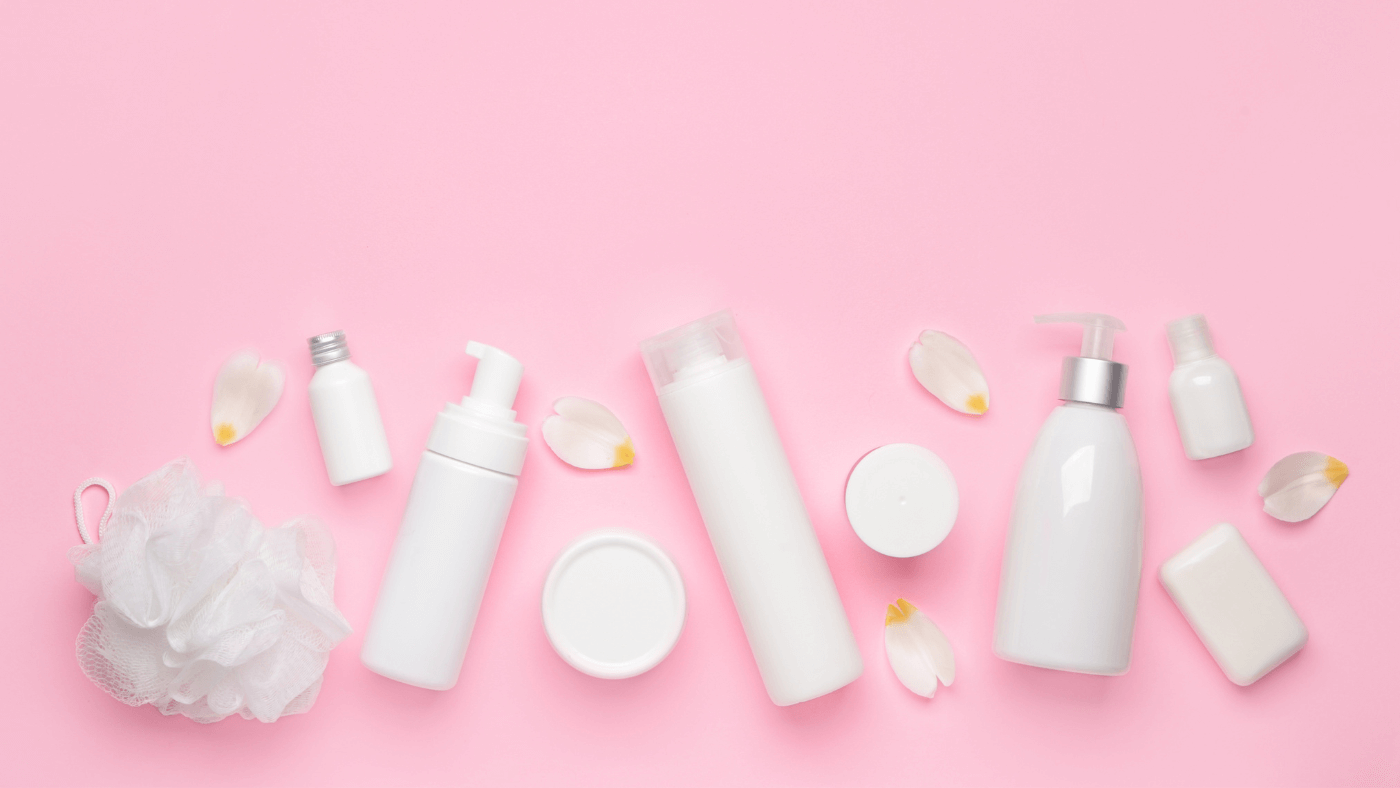
.jpg)






